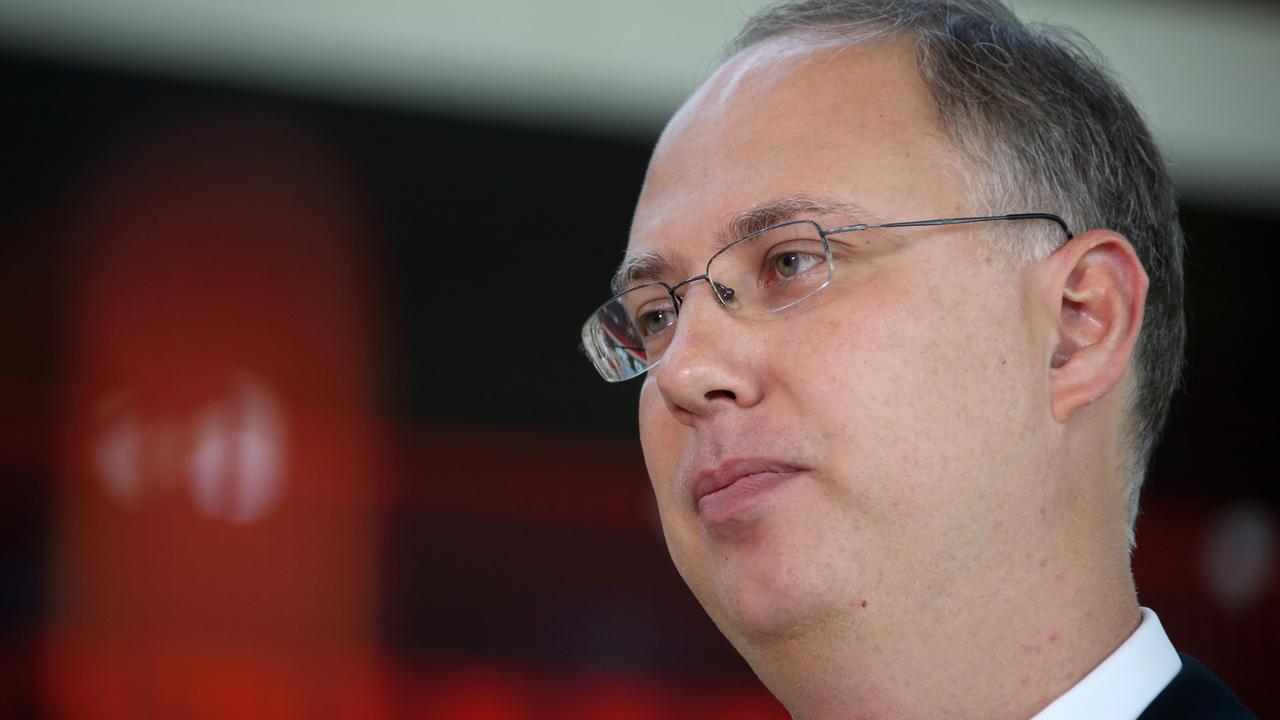
In this commonly shared view of history as a continuous progression through ascending levels of intelligence, magic gave way to religious belief, which gave way to the scientific method and empiricism.
Mysteries ascribed to the supernatural were discovered to be merely the product of shrinking pockets of ignorance. It was no longer necessary to invent an omniscient God, as Voltaire said in a less enlightened time: science has enabled us to become him.
Yet God – or at least some sense of a supernatural being beyond the compass of the human mind – somehow refuses to die.
The realisation that knowledge itself begets as many questions as answers continues to leave just enough room for faith, as scientific “truths” themselves fall victim to new realities and the rediscovery of the inexplicable.
Sometimes scientific progress enabled rather than eroded religious faith: observation of the intricacy of cell division or the first view of Earth from the moon evinced a new awe at the genius of creation and, for some, a heightened sense of the divine. Now – in more prosaic ways – there are signs that our latest technological innovations are generating new thinking in surprising places about man, faith and God.
There have been murmurings of a religious revival in recent years. Some polling suggests the long steady decline in faith among Americans may have levelled off.
Even in godless Europe there is some evidence of renewed religious interest, and not merely because of the growing population of Muslims.
There could be any number of reasons for this turn, but two conversations in the past few months have convinced me that it is in good part the direct result of the technological advances the secular mind has created.
In one of the more unusual events I’ve attended in recent years, on a cold mid-February day in Oxford, I listened as two unlikely prophets of a new spirituality entranced an audience of ambitious young students.
In Christopher Wren’s Sheldonian Theatre,seated aptly under the gaze of Robert Streater’s magnificent ceiling art – “Truth Descending on the Arts and Sciences to Expel Ignorance from the University” – Twitter co-founder Biz Stone and Pinterest co-founder Evan Sharp talked about how their entrepreneurial success at creating the screen-based activity now consuming so much of young people’s minds had turned them into urgent advocates of a renewed appreciation of the divine.
Their conversation was titled Reconnecting with the Sacred in a Technology-Driven World. Illuminated by a sea of candles that evoked an ancient church or a very expensive spa, they talked about the damage done to mental and social health by the ubiquity of social media and technology and how it demanded the reawakening of a fully spiritual humanity.

Sharp had an especially profound observation: we think of technology as just things that are new, he said, and when we’ve got used to them we stop calling them technology. But technology is a tool for human development. Structured, ancient institutional religions continue to have meaning; an “unbelievable tapestry of these traditions that are thousands of years old, and what they have, from my perspective, is the most precious technology on earth”.
The second conversation was one I had with a brilliant young entrepreneur in artificial intelligence – the company he founded already has an 11-figure valuation.
Like many in the field, he is focused not just on the opportunity of AI but also on what it will mean for our humanity. AI, he told me recently, will soon create a world in which “intelligence is a commodity”.
If this is true – and I have no reason to challenge the word of such an authority – it has revolutionary implications for what it means to be human.
The entire history of human development can be viewed in some ways as the extraction of the scarce resource of intelligence and its application to human problems. If machines will do all that better and at an infinite rate, what is left for the human mind?
I don’t know, but I suspect part of the answer will be a deeper appreciation for what distinguishes man – and that surely is the existence of a soul, as well as a body and a mind.
In The Queer Feet, GK Chesterton’s becassocked detective hero Father Brown explains how he captured a thief: “I caught him, with an unseen hook and an invisible line which is long enough to let him wander to the ends of the world, and still to bring him back with a twitch upon the thread.”
Chesterton was invoking the idea of God’s continuing, often unrecognised, immanence in our lives; the sense that, however much freedom we may have, however much agency we claim, we are simply spooling out the long thread that attaches us to our maker.
Watching the latest explosion of new technology I reflect that perhaps the whole long march of science, all that secular accumulation of knowledge, is simply the unreeling of that long, seemingly limitless thread, and that eventually we all feel the twitch.
The Wall Street Journal






The tension between science and religion has in some ways defined human progress. The steady accumulation of scientific knowledge across millennia has challenged, undermined and, for many, extinguished the idea of some divine infinite creator, a spiritual superhuman that commands our universe.